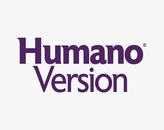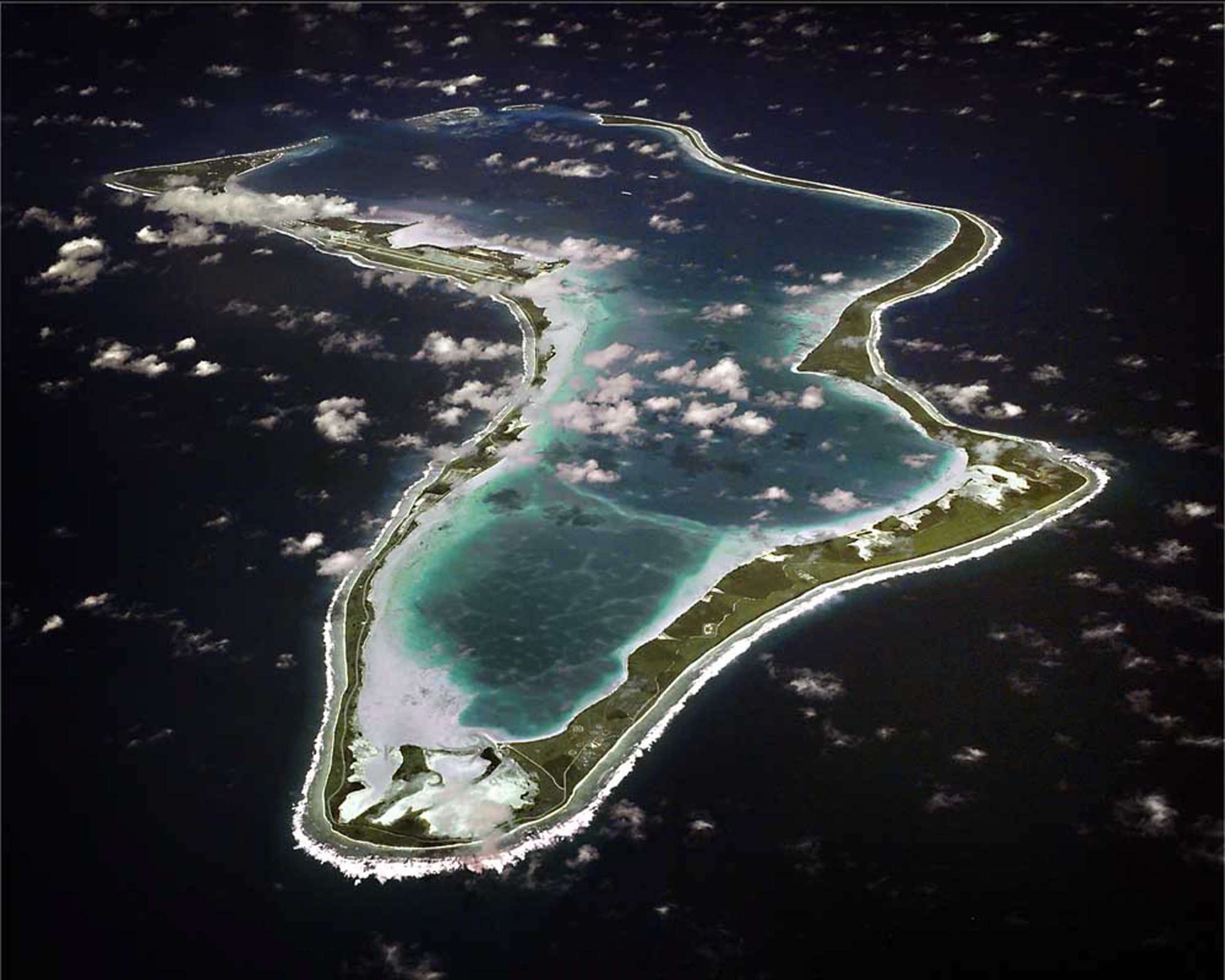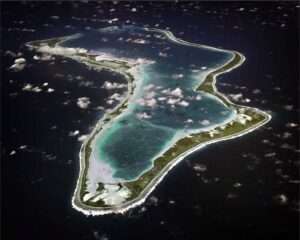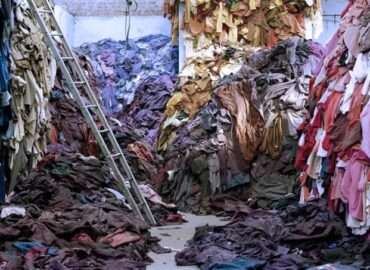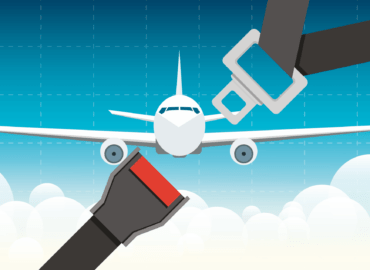Image Courtesy – New Internationalist
‘Island of Shame’ unveils the unsettling reality of the United States collaborating with Britain to forcefully displace the indigenous people of Diego Garcia, known as the Chagossians. The book exposes the covert operation that led to their expulsion, relocating them to impoverished conditions in Mauritius and the Seychelles. Through insights from interviews with Washington insiders, military strategists, and displaced islanders, along with an extensive analysis of declassified documents, David Vine reveals the concealed history of Diego Garcia. The narrative follows the Chagossians’ compelling journey as they grapple with survival in exile and persist in their quest to reclaim their homeland. By tracing U.S. foreign policy from the Cold War to the war on terror, Vine illustrates the establishment of a discreet yet influential empire, marked by the proliferation of overseas military bases that silently exert dominance across the globe.
Recent reports on the island
The United Nations refugee agency has expressed that a remote British territory in the Indian Ocean, home to a covert UK-US military base, is unsuitable for long-term detention of migrants, following rare access being granted.
A makeshift camp on Diego Garcia has held dozens of stranded Sri Lankan Tamils for over two years, marking the first instance of asylum claims being lodged in the territory.
The UK government has stated its commitment to finding a “long-term solution,” emphasizing the priority of the wellbeing and safety of migrants, as noted by the British Indian Ocean Territory administration spokesperson. UNHCR representatives, granted access in late 2023 after the migrants’ arrival, are now following up on their findings.
Diego Garcia, hosting a military base with minimal civilian population, is deemed unsuitable for the extended residence of this group, according to the UN agency. They continue to urge the UK to ensure fair and prompt determination of pending claims and to secure international protection solutions in accordance with global law.
The initial group of Tamils landed on Diego Garcia in October 2021 after encountering issues on their journey to Canada. The island, isolated from other populations, strictly prohibits unauthorized visitors. The group’s asylum claims, the first in the British Indian Ocean Territory (BIOT), which is distinct from the UK constitutionally, have raised unique challenges, with court papers asserting that the Refugee Convention does not apply. Many in the group cite connections to the former Tamil Tiger rebels in Sri Lanka, alleging persecution following their defeat in the 2009 civil war.
Who are the Chagossians?
The Chagossians, formerly residing in the British Indian Ocean Territory (BIOT) or Chagos Islands, were relocated to Mauritius primarily during the mid-1960s to early-1970s. With roots predominantly in African ancestry, specifically from Madagascar, Mozambique, and other African nations, including Mauritius, the Chagossian people were forcibly removed from their homes.
Situated in the Indian Ocean, the Chagos Islands were once inhabited by around 1,500 Chagossians, an Indigenous community. However, due to the forced eviction by the British, the islands no longer have any Chagossian residents today. The sole occupants are the personnel of US military facilities on Diego Garcia and a few British officials.
What Diego Garcia says about Western Interests
In the Chagos Archipelago, Diego Garcia is a slender, V-shaped coral atoll spanning 25 km in length and 5 km in width, positioned in the heart of the Indian Ocean. With an island surface area of 30 square kilometers, it encompasses a substantial lagoon stretching over 125 square kilometers. As an integral part of the British Indian Ocean Territory (BIOT), Diego Garcia houses a strategic military facility established by the United States and the United Kingdom during the Cold War. Despite its contentious founding, disputed status, and ongoing infrastructural significance, this facility remains relatively obscure to the general public.
Over half a century ago, a collaboration between the UK and US governments resulted in the coerced expulsion of Chagossians, initially from Diego Garcia, the largest island in the archipelago. This displacement was orchestrated to facilitate the construction of a US military base on the island without the presence of local inhabitants. Subsequently, the UK opted to evict the entire Chagos islands population to evade reporting to the United Nations on its governance of a colony with a permanent population. Human Rights Watch has determined that the treatment of the Chagossians amounts to crimes against humanity.
Accounts collected reveal distressing aspects of the Chagossians’ experiences. Families leaving the island for routine trips were informed that their homeland had been sold, and return was impossible. Those who stayed were later compelled to leave Chagos for Mauritius and Seychelles, facing minimal support and widespread poverty. Some recounted living in homes held together by cow dung, and one interviewee shared the tragic death of her baby brother due to the forced migration.
One particularly disturbing incident involved the heartless removal of Chagossians from their homes. British officials ordered the extermination of dogs on Diego Garcia, including the pets of the Chagossians, with some believing it was a tactic to make them leave.
Chagossians on evacuation boats reported mistreatment, being kept below in the hold while horses from Chagos were accommodated on deck, following a directive from a senior British official to prioritize the rescue of the horses.
The release of secret official documents has exposed the use of racist terms by British officials when referring to Chagossians, such as “Men Fridays” and “Tarzans,” unequivocally reflecting racial bias.
The UK government’s ongoing treatment of Chagossians is evident in its efforts to assert that human rights treaties it has ratified do not apply in the Chagos islands. This stance implies that, according to the government’s perspective, Chagossians should not have their fundamental rights protected. A comparison with the treatment of inhabitants in other British territories with military bases, such as the Falkland Islands and Cyprus, underscores a stark contrast. Unlike in Chagos, the UK government did not forcibly displace the inhabitants of the Falkland Islands, despite housing significant military facilities. Furthermore, it has not actively sought to deny their human rights; on the contrary, it explicitly extended the application of the European Convention on Human Rights to those near its bases in Cyprus, allowing islanders to bring cases to the European Court of Human Rights.
On February 15, 2023, Human Rights Watch issued a report leveling accusations against the US and UK governments, alleging crimes against humanity and racial persecution in their treatment of the Chagossians—an Indigenous people forcibly displaced during the construction of the US military base on Diego Garcia, located on the British-controlled Indian Ocean island.
Remarkably, three decades ago, a US Navy official instrumental in initiating the plan to establish the base and exile the Chagossians called on Human Rights Watch to support the exiled community.
Over the years, the US military has invested billions in constructing and maintaining the base. Nevertheless, the US government has yet to acknowledge culpability, provide appropriate compensation, or assist the displaced people in their quest to return home.
In 2019, both the International Court of Justice and the UN General Assembly recognized Mauritius as the rightful sovereign of the Chagos Islands. In late 2022, the British government commenced negotiations with Mauritius regarding sovereignty and the right of the Chagossians to return home. Despite the fervent demands of the affected people to be included, the United Kingdom has thus far excluded the Chagossians from participating in the negotiations.

